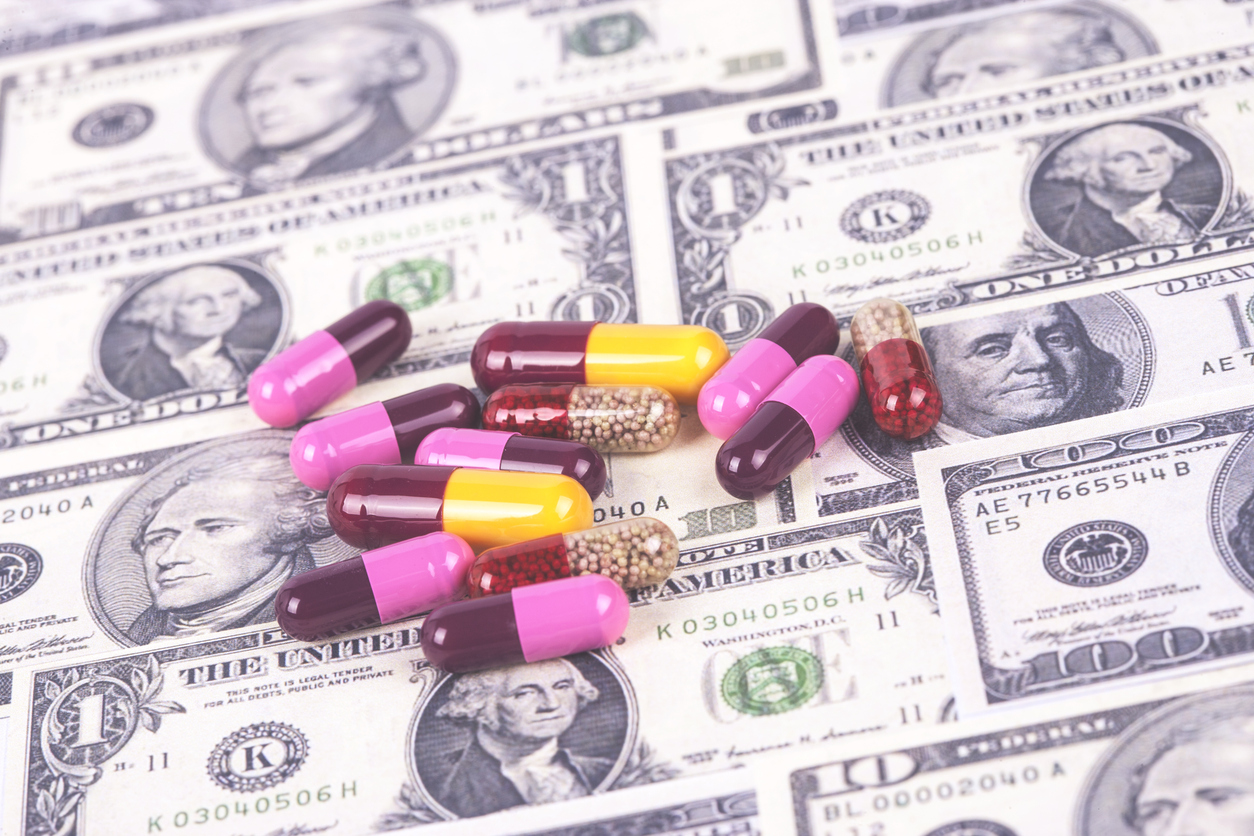Catalyst defends huge US price hike for rare disease drug

Catalyst Pharmaceuticals has defended hiking the price of the rare disease drug Firdapse (amifampridine) from virtually nothing to more than $300,000 per year following criticism from Senator Bernie Sanders.
Earlier this month Sanders, a vocal critic of big pharma’s pricing, wrote to Catalyst demanding to know the company’s justification for increasing the price for the recently approved treatment for Lambert-Eaton myasthenic syndrome (LEMS).
Catalyst got the drug approved in LEMS last year, but before approval the drug, also known as 3,4-DAP, had been available to patients almost free of charge under a compassionate use programme.
In a letter responding to Sanders, Catalyst’s CEO Patrick McEnany said that the list price was justified as Catalyst has an “array” of financial assistance schemes available to reduce co-payments and costs to patients to a “nominal affordable amount”.
The “vast majority” of the 3,000 patients in the US with LEMS had not previously had access to Firdapse or a similar product, McEnany added.
Clinicians can now prescribe Firdapse, which will be delivered to a patient’s door within two or three days, and in most cases the patient’s out-of-pocket expense will be $10 or less, McEnany said.
The price hike will be absorbed by the rest of the US health system and was necessary to recoup the cost of clinical development, which included 70 non-clinical and clinical studies, including two phase 3 studies at the cost of several million dollars.
Trials will continue in other potential indications, such as congenital myasthenic syndrome, muscle‐specific kinase (MuSK) antibody myasthenia gravis, and spinal muscular atrophy, potentially bringing the drug to thousands of other US patients, McEnany said.
He concluded: “We respectfully question the notion that the use of an experimental product not approved by the FDA is an acceptable standard of care for LEMS patients – or indeed any patients.”
Compassionate use was “never intended to be a final or even a long term mechanism for making drugs available to patients under the law,” he added, saying that such a notion could undermine drug regulation in the US.
Sanders responded with a tweet claiming that patients are struggling to afford to pay for the drug.
https://twitter.com/SenSanders/status/1098716326720405505
Sanders is an independent Senator but will again seek a nomination from the Democrats to run for president in the 2020 campaign, after losing out to Hillary Clinton in the 2016 primaries.












